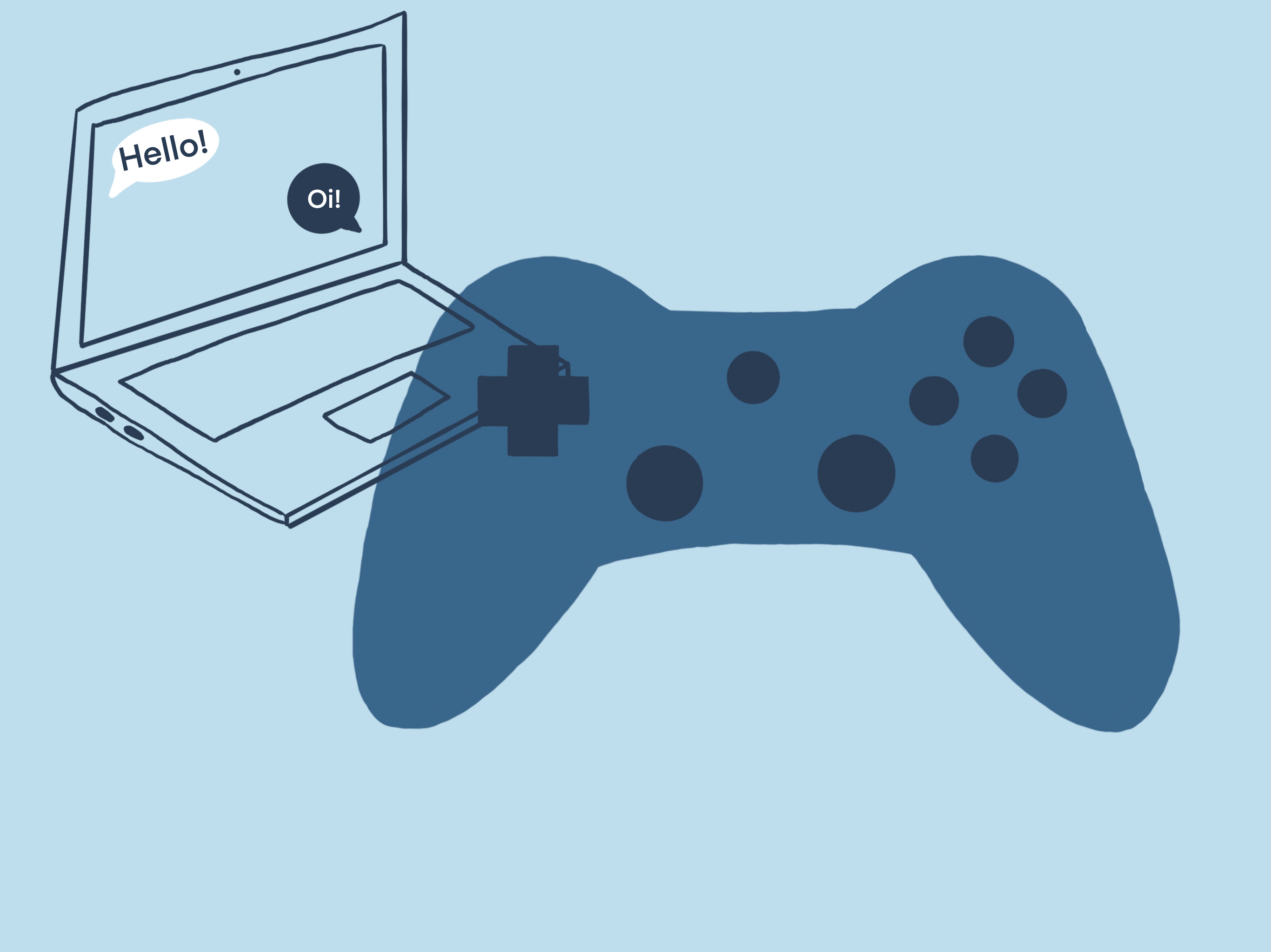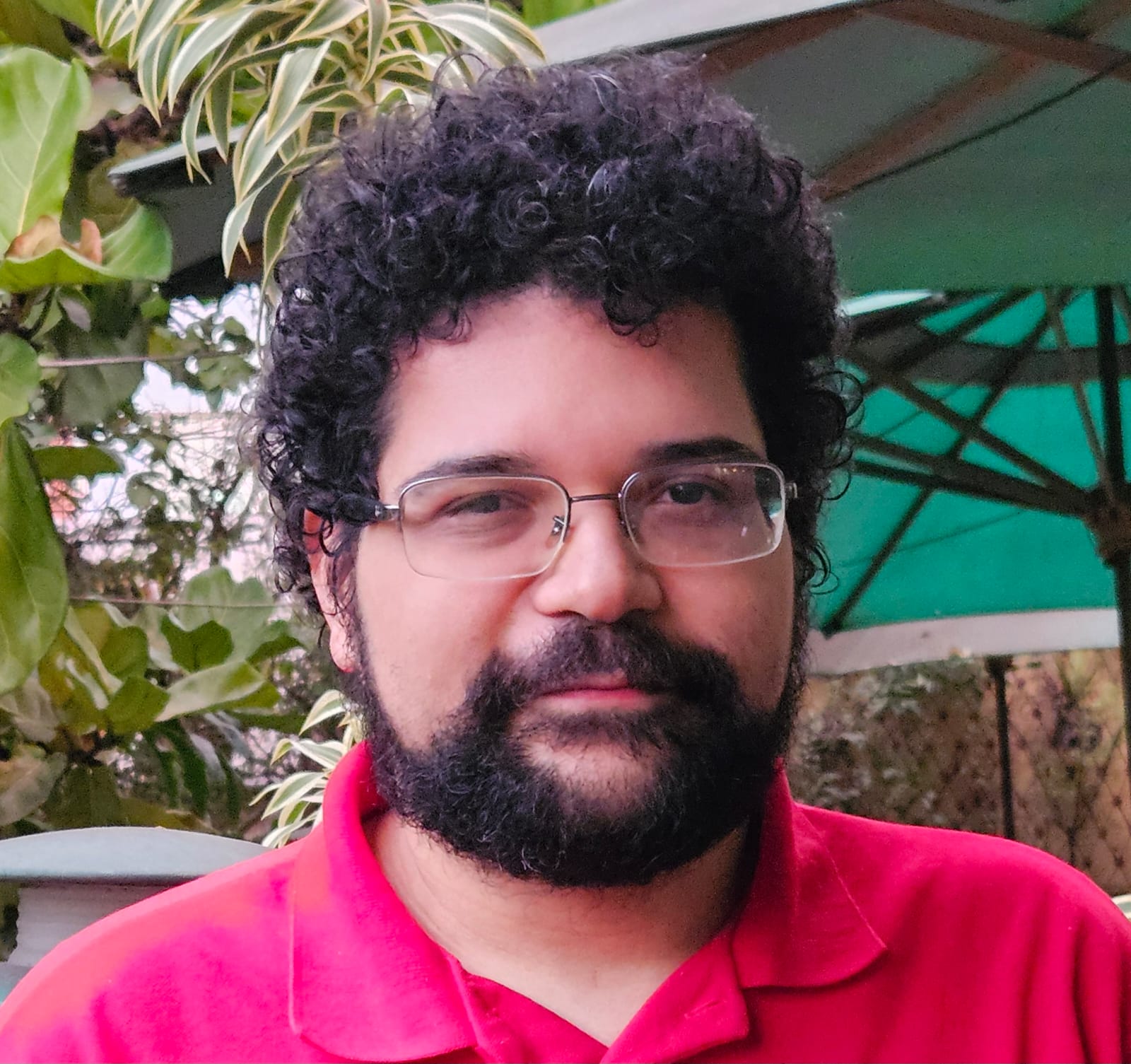
As a video game translator, one of my biggest struggles is to have my name appear in the credits of the games I translate. If I translated the game, my name should appear in the credits. It seems obvious, right? However, for some companies, it makes sense to credit babies born to those involved in each project and their pets, but not translators. It may sound a little bizarre, but this happened to me.
Last year, I worked on a very famous, award-winning game. The translation agency said that the names of each translation team member would appear in the credits. However, when the game was released, only the translation company’s name was listed (along with several “production babies”).
Because of situations like this, #TranslatorsInTheCredits fights and advocates for acknowledgment in gaming translation. I am trying to get more involved with this movement. I have been a translator for only five years, but I hear things were much worse two decades ago, and translators’ names are appearing more frequently in the credits now.
In November 2024, I went to Portland (Oregon, USA) to attend the ATA Conference. The most important session for me was the one about intellectual property, presented by two representatives from the World Intellectual Property Organization (WIPO). In this session, I learned about the Berne Convention, an international agreement signed by 181 countries. This agreement states, among other things, that authors have the right to claim authorship of their work, even after the transfer of economic rights. So, the frequently signed NDAs (non-disclosure agreements) that prohibit disclosing participation in a project are illegal in most parts of the world. However, when I asked what translators could do to receive acknowledgment for their work, it was clear that the WIPO would not do anything to enforce this article, which frustrated me.
I left the session determined to do something about this issue, but I still didn’t know what. Paula Ianelli, from the PLD (Portuguese Language Division) of the ATA (American Translators Association), suggested that I should try to unite different translation associations and negotiate directly with game developers. As an individual translator, I would probably not be able to schedule a meeting with the big game developers to talk about acknowledging the work of translators. However, we might achieve something with the support of several associations representing thousands of translators worldwide.
After the conference, I talked to the audiovisual divisions of ATA and ABRATES (the Brazilian Association of Translators and Interpreters). I’m also in contact with the International Game Developers Association (IGDA). They have a localization interest group with members of several translator associations, so this group can be used as a channel to discuss ideas and action plans.
A few weeks after the conference, The Game Awards announced their nominees. I decided to look into the credits and found that among the 65 nominees (in several categories), only 30 translators appeared in the credits for all languages. I know things are better today, but when I see that less than 50% of nominees appear in the credits of prominent video games, I know we need to keep fighting.
With promoting acknowledgment for translators in mind, I joined other video game translators to create the Prêmio Brasileiro de Tradução de Jogos (Brazilian Game Translation Award). We had a first phase of voting to choose six nominated games (40 nominated translators). After the final voting phase, we did a live stream to announce the winner (a team with 3 translators). It’s just a small action, but I hope it can help video game translators gain more visibility and acknowledgment and maybe make companies consider including them in the credits. The award started as a small event, with only one category, but we plan to expand it in the next years so we can nominate and give awards to even more translators.
I still don’t know what other actions I will take in the future or what specific actions we can take with the support of translators’ associations — this is still the brainstorming phase. But I know I want to keep on fighting for #TranslatorsInTheCredits!
ABOUT THE AUTHOR – Lucas Rodrigues Oliveira

Lucas is an English > Portuguese and Spanish > Portuguese translator from Aracaju-SE (Brazil), living in São Carlos-SP (Brazil). He has a bachelor’s degree in international relations and a graduate degree in English translation. Lucas specializes in video game translation and has worked on more than 30 games. He participated in the translation of games that received six awards and 12 nominations in The Game Awards.

Leave a Reply